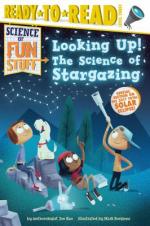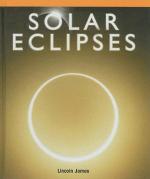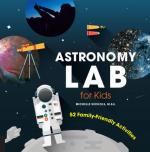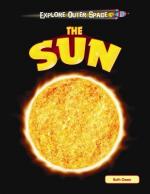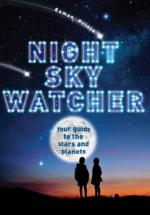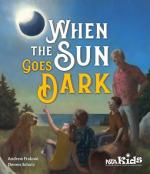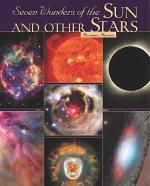- Books
- Programs
- Connect Your Summer
- May We Suggest
- Thorndyke Thoughts
- solar eclipse
- STEM
- Science
- Outdoor
- True Facts
August 2, 2017 | Thorndyke
Hey Kids,
You might have heard a little something about the sun going dark on August 21. In honor of this amazing event, we have a few out-of-this-world programs coming up in August: a visit from a traveling planetarium (requires registration) and an eclipse viewing gathering (no registration necessary). To prepare for the big day you can also check out some books on this amazing phenomenon. For more information on viewing the eclipse safely, NASA has answers for you. Happy viewing!
Bear Hugs,
Thorndyke
Provides trivia on the planets, the Sun, and other celestial bodies, including the temperature on the surface of the Sun, why Pluto is considered a dwarf planet, and when and where one can see the next total solar eclipse.
Introduces readers to the basics of space in lessons that can be done with everyday items from around your house.
Describes the Sun as a star and as the center of the solar system, and discusses its core, sunspots, solar flares, the solar wind, eclipses, the role of the Sun in photosynthesis, and related topics.
Explores the science behind the objects that can be viewed in the night sky, covering the constellations, planets, and eclipses.
Introduces readers to total solar eclipses through the story of two curious children and their grandparents who learn about eclipses and how to safely view them.
Explores seven wonders of the sun and other stars, including solar storms and eclipses, nebulas, supergiants, supernovas, neutron stars, and black holes.

